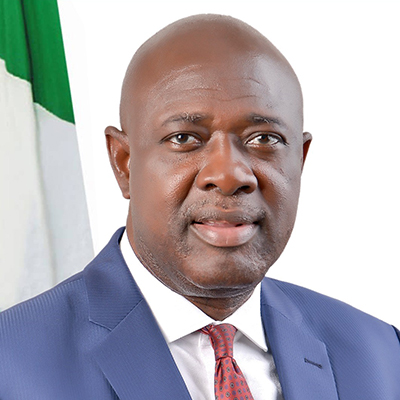
At the recent Omniverse Summit held in Lagos, the National Agricultural Land Development Authority (NALDA) emerged as a leading advocate for collaborative innovation, stressing its importance in securing Nigeria’s digital future. The summit brought together stakeholders from across technology, agriculture, and public policy, and NALDA’s message was clear. Cross-industry partnerships are no longer optional—they are essential to development.
NALDA’s spokesperson praised the summit for encouraging open dialogue and collaboration among sectors. He noted that with Nigeria’s youthful population and growing tech talent, the nation is well-positioned for a digital revolution. However, unlocking this potential requires support from both public and private players.
The authority emphasized that technology should serve the people and not just the markets. NALDA’s ongoing projects highlight how innovation in agriculture can improve food security and create new jobs. Their tech-driven land mapping and smart farming initiatives are part of a broader effort to modernize rural economies and reduce youth unemployment.
In his remarks, NALDA’s official explained that a digitally empowered Nigeria starts with the rural sector. He added that when young Nigerians in farming communities have access to innovation, they can become creators of value. This transformation, he said, is possible only when policies and partnerships work together.
At the summit, several agencies, including the National Information Technology Development Agency (NITDA), echoed similar sentiments. They discussed how digital infrastructure, education, and investment must go hand in hand. While private tech firms showcased cutting-edge solutions, government agencies reaffirmed their commitment to supporting tech-driven development.
NALDA stated that Nigeria’s digital future must be inclusive. It must ensure that rural populations are not left behind. The agency believes that when agriculture meets technology, opportunities multiply, and challenges become manageable. This belief continues to shape their strategy.
The summit also addressed the importance of digital literacy. NALDA welcomed this focus, pointing out that many of its pilot programs now include training for rural youths in digital tools and practices. Such training helps them operate smart equipment and participate in e-commerce and agricultural data systems.
While many talked about urban tech hubs, NALDA redirected attention to the countryside. It argued that Nigeria’s untapped resources, including land and labor, lie in rural zones. Connecting these regions with digital tools and infrastructure is not only smart policy but an economic necessity.
The Omniverse Summit ended with a unified call to action. NALDA, along with other institutions, committed to sustaining the momentum through policy alignment, data-sharing, and ongoing partnerships. The authority stressed that progress depends on breaking silos and building bridges between agriculture, education, and innovation.
In the months ahead, NALDA plans to launch more tech-integrated farming projects and expand its digital outreach to farming clusters. Its goal remains the same: empowering people through technology and building a resilient economy from the soil up.
As Nigeria navigates its path toward digital transformation, NALDA stands out as a forward-looking institution. Its approach reflects the belief that sustainable growth must be inclusive and innovation-driven, and its actions continue to support that vision.



